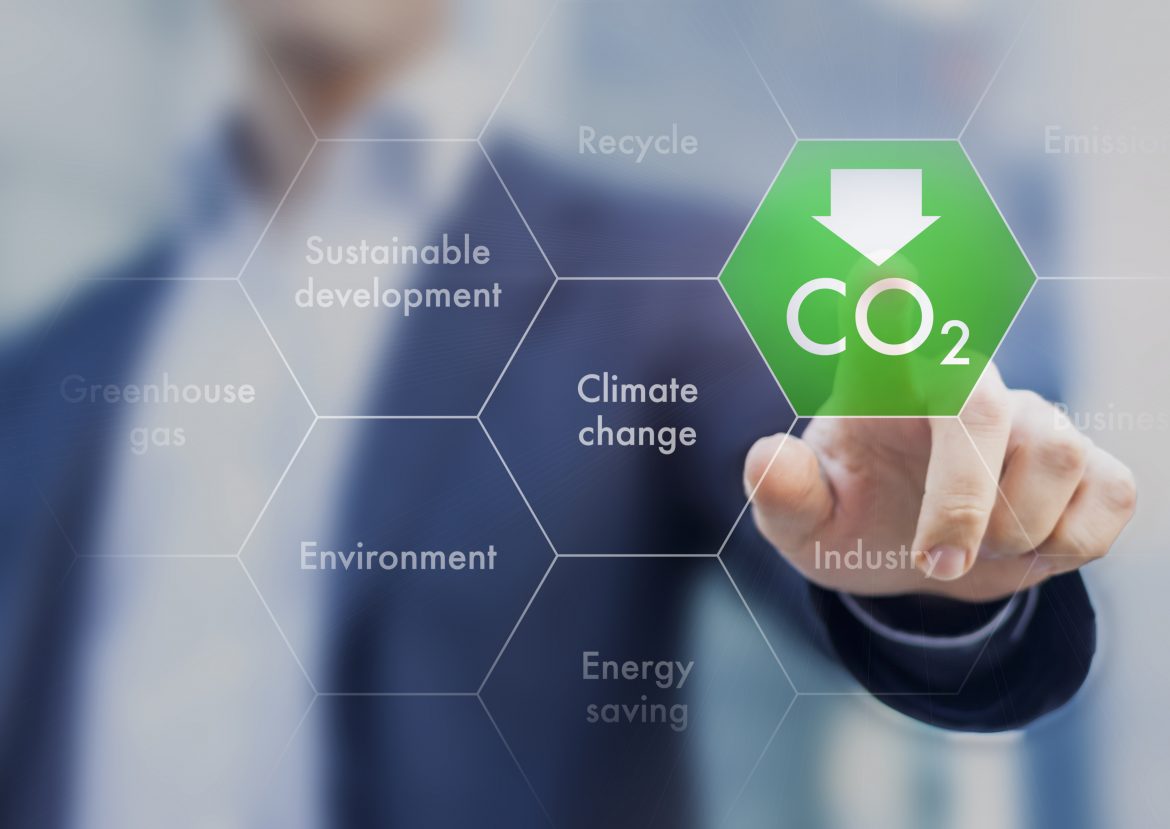Costa Rica announced a plan to decarbonise the country’s economy at a ceremony at the Costa Rican Museum of Art on Sunday.
‘The National Decarbonisation Plan 2018-2050’, was presented at the ceremony by president of Costa Rica Carlos Alvarado Quesada and minister of environment and energy Carlos Manuel Rodriguez Echandi among others.
It sets out ten specific short and long term goals, including a public transport system where 100% of buses and taxis will be zero emissions by 2050, Costa Rica’s electricity mix being entirely generated by renewables by 2030 and increasing the country’s forest coverage from 52% to 60% by 2030.
It will be used as the basis for initiatives like the National Plan for Development and Public Investments, which will look to modernise the Costa Rican economy and create jobs.
Summarising the plan, Quesada stated that climate change was a reality and said: “This is the reason why our generation faces the great challenge of moving towards a decarbonised world. Costa Rica is ready to lead this commitment to the planet.”
Executive secretary of United Nations (UN) climate change Patricia Espinosa tweeted: “Congrats to Costa Rica for its ambitious #Decarbonisation Plan to move away from #FossilEnergies towards #CleanDevelopment. The world is far from achieving its goals against #ClimateChange but with Costa Rica’s example, I’m optimistic that together we can do it. @PresidenciaCR.”
Former US vice president and climate activist Al Gore said: “Decarbonising the global economy to drastically reduce global warming is absolutely essential to ensure that our civilisation can survive and thrive, and that is one of the reasons why I am so excited to see that Costa Rica continues its role as world leader to help solve the climate crisis with the rapid deployment of the strategic plan to completely decarbonize its economy.
“Congratulations to Costa Rica, because you are showing the rest of the world that it is definitely possible to make the transition to a low carbon economy today. Keep going with this great work. Their efforts give me and many others a lot of hope that we not only can, but we will also be able to solve the climate crisis.”
By Jack Unwin, Power Technology

